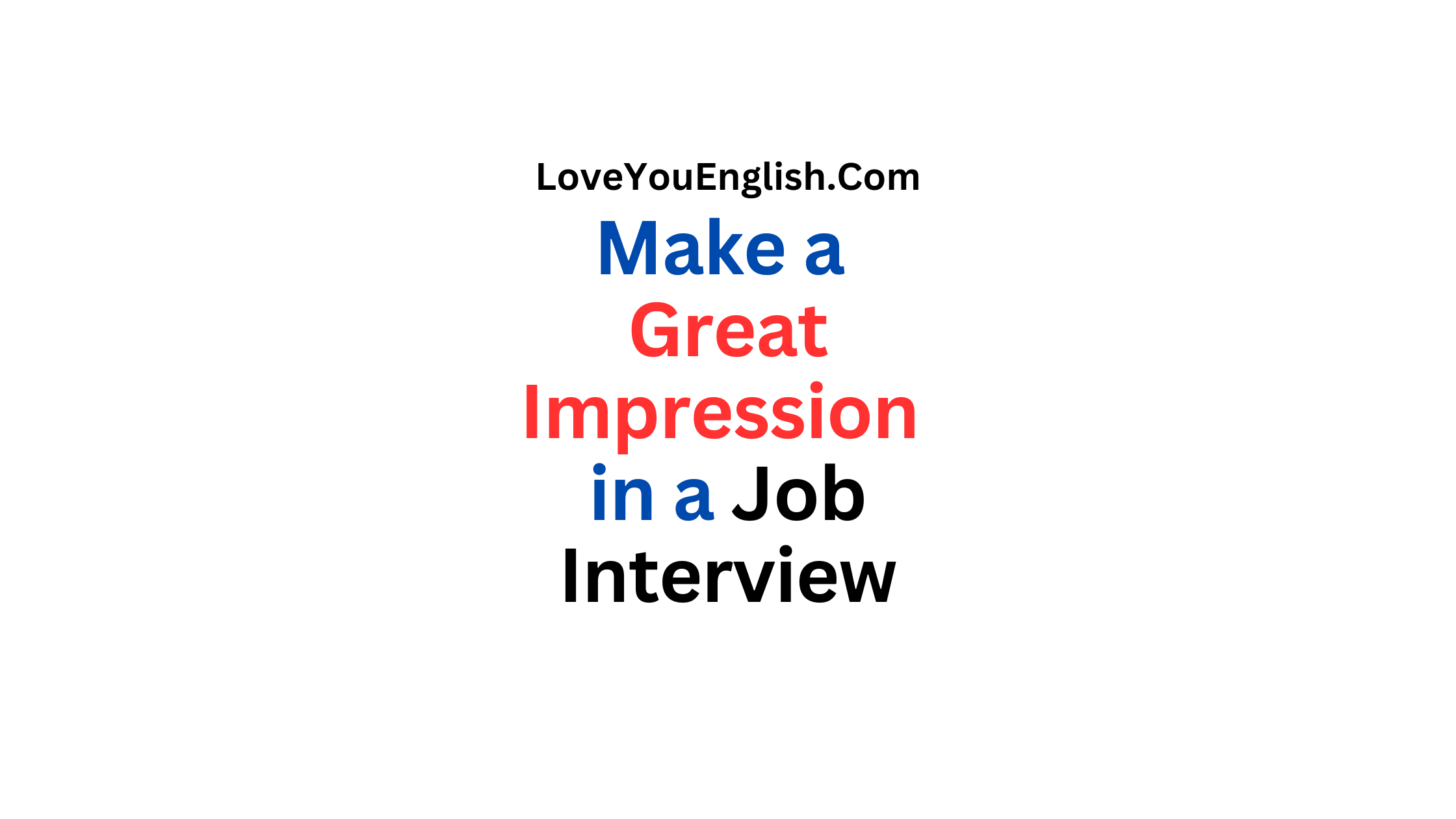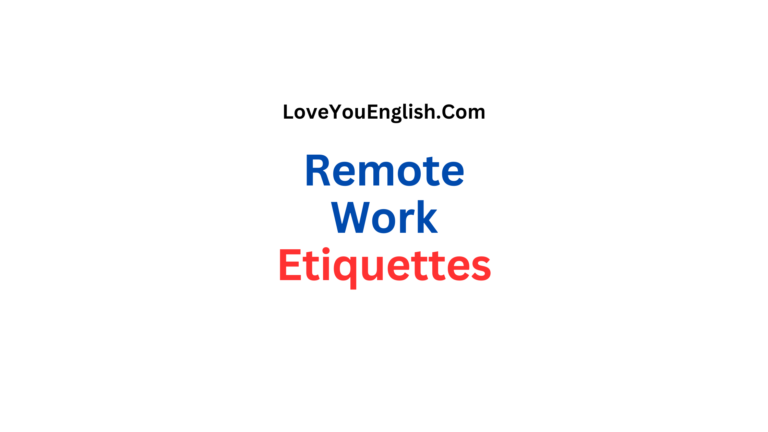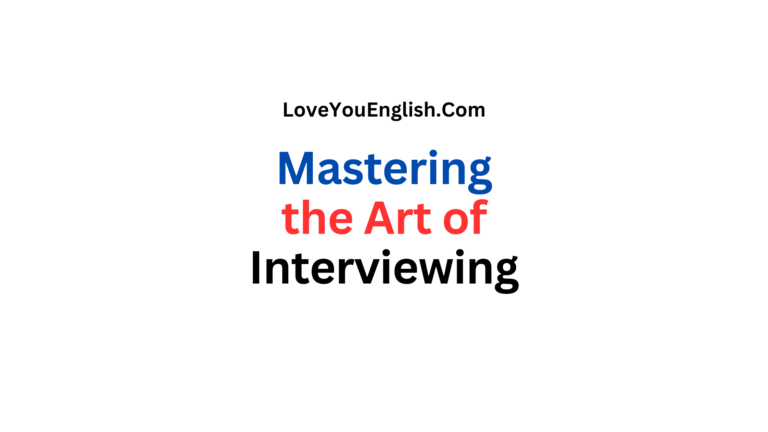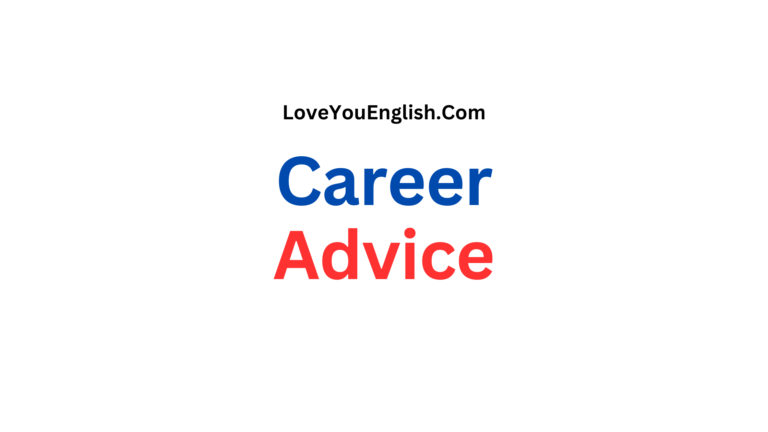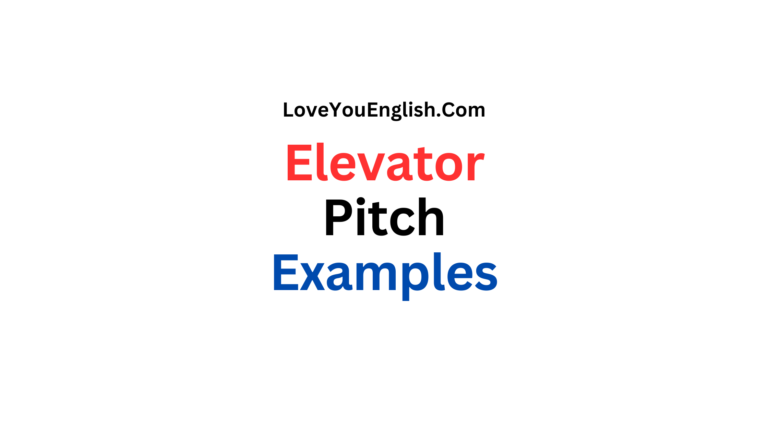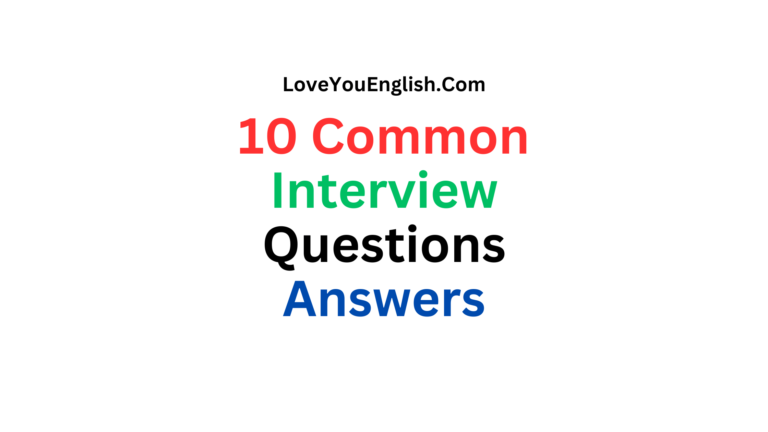How To Make a Great Impression in a Job Interview
How To Make a Great Impression in a Job Interview
Getting a job interview is a thrilling part of your career path, but it can also make you feel anxious.
The secret to doing well is to prepare carefully and show yourself in the best way.
I’m here to guide you through the important steps to leave a great, positive impression in your upcoming job interview.
Pre-Interview Preparation
Research the Company
Before stepping into the interview room, arm yourself with knowledge about the company.
This shows your genuine interest and helps you align your responses with the company’s values and goals.
- Study the company’s website, focusing on their mission statement, values, and recent news.
- Research the company’s products or services, and understand their market position.
- Look up the company on professional networking sites to gain insights into their culture.
- Read recent press releases or news articles about the company to stay current on their activities.
Understand the Role
A deep understanding of the position you’re applying for is crucial. This knowledge will help you tailor your responses and highlight relevant experiences.
- Carefully review the job description, noting key responsibilities and required skills.
- Research similar roles in other companies to gain a broader perspective of the position.
- If possible, reach out to someone currently in a similar role for insights.
Prepare Your Responses
While you can’t predict every question, preparing for common interview questions will boost your confidence and eloquence.
- Practice answering standard questions like “Tell me about yourself” and “Why do you want this job?”
- Prepare specific examples that demonstrate your skills and experiences relevant to the role.
- Use the STAR method (Situation, Task, Action, Result) to structure your responses to behavioral questions.
- Prepare thoughtful questions to ask the interviewer about the role and company.
Organize Your Materials
Being organized shows professionalism and attention to detail.
- Print several copies of your resume on high-quality paper.
- Prepare a portfolio of your work, if relevant to the position.
- Gather any necessary documents (e.g., ID, references, certifications).
- Pack a notepad and pen for taking notes during the interview.
First Impressions Matter
Dress Appropriately
Your appearance is the first thing an interviewer will notice. Dressing appropriately shows respect for the opportunity and an understanding of the company culture.
- Research the company’s dress code and aim to dress slightly more formally.
- Ensure your clothes are clean, pressed, and fit well.
- Keep accessories minimal and professional.
- Pay attention to grooming details like neat hair and clean nails.
Arrive on Time
Punctuality is crucial in making a good first impression.
- Plan to arrive 10-15 minutes early to allow for unexpected delays.
- If it’s an unfamiliar location, do a test run beforehand to gauge travel time.
- If you’re running late due to unforeseen circumstances, call ahead to inform the interviewer.
Greet with Confidence
Your initial interaction sets the tone for the entire interview.
- Offer a firm handshake and make eye contact.
- Smile genuinely and introduce yourself clearly.
- Thank the interviewer for their time.
Body Language and Non-Verbal Communication
Maintain Good Posture
Your posture can convey confidence and engagement.
- Sit up straight with your shoulders back.
- Avoid crossing your arms, which can appear defensive.
- Lean slightly forward to show interest in the conversation.
Make Appropriate Eye Contact
Eye contact is crucial for building rapport and demonstrating confidence.
- Maintain consistent eye contact, but don’t stare unnervingly.
- If there are multiple interviewers, make eye contact with each person when speaking.
- When listening, nod occasionally to show you’re engaged.
Use Hand Gestures Judiciously
Hand gestures can enhance your communication, but use them sparingly.
- Use natural hand movements to emphasize points.
- Avoid fidgeting or playing with objects on the desk.
- Keep your hands visible, not hidden under the table.
Effective Communication Skills
Listen Actively
Demonstrating good listening skills is as important as speaking well.
- Pay close attention to the interviewer’s questions and comments.
- Don’t interrupt; wait for the interviewer to finish speaking before responding.
- If you’re unsure about a question, ask for clarification.
Speak Clearly and Concisely
Articulate your thoughts in a clear, professional manner.
- Avoid using filler words like “um” or “like.”
- Speak at a moderate pace, neither too fast nor too slow.
- Use professional language, avoiding slang or overly casual expressions.
Show Enthusiasm
Genuine enthusiasm for the role and company can set you apart from other candidates.
- Use a positive tone when discussing your experiences and the potential role.
- Express your interest in the company and the position explicitly.
- Ask engaging questions that demonstrate your eagerness to learn more.
Showcasing Your Skills and Experience
Highlight Relevant Achievements
Focus on experiences and skills that directly relate to the job requirements.
- Use specific examples to illustrate your capabilities.
- Quantify your achievements where possible (e.g., “increased sales by 20%”).
- Explain how your past experiences have prepared you for this role.
Address Potential Concerns
If there are gaps in your resume or areas where you might fall short, address them proactively.
- Be honest about any shortcomings but focus on how you’re working to improve.
- If you’re changing careers, explain your motivation and how your skills transfer.
- Turn potential negatives into positives by highlighting your adaptability and eagerness to learn.
Demonstrate Cultural Fit
Show that you would be a good fit for the company’s culture and values.
- Align your responses with the company’s mission and values.
- Share examples of how you’ve contributed to positive work environments in the past.
- Express your interest in the company’s approach to work-life balance, team collaboration, or other cultural aspects.
Handling Difficult Questions
Stay Calm Under Pressure
Interviewers may ask challenging questions to see how you handle stress.
- Take a moment to collect your thoughts before answering.
- If you need more information, don’t hesitate to ask for clarification.
- Stay positive, even when discussing difficult situations from your past.
Address Weaknesses Strategically
When asked about weaknesses, be honest but strategic.
- Choose a genuine weakness that isn’t critical to the job.
- Explain how you’re actively working to improve in this area.
- Follow up with an example of how you’ve made progress.
Navigate Salary Discussions Gracefully
If the topic of salary comes up, handle it professionally.
- Do your research beforehand to understand the typical salary range for the position.
- If asked about salary expectations, provide a range rather than a specific number.
- Express openness to negotiation based on the total compensation package.
Asking Thoughtful Questions
Prepare Insightful Questions
Asking good questions shows your interest and engagement.
- Inquire about the team dynamics and reporting structure.
- Ask about the biggest challenges facing the department or company.
- Seek information about growth opportunities within the organization.
Avoid Inappropriate Questions
Some questions can leave a negative impression.
- Don’t ask about salary or benefits unless the interviewer brings up the topic.
- Avoid questions about time off or work hours in the initial interview.
- Steer clear of overly personal questions about the interviewer.
Use Questions to Highlight Your Knowledge
Frame your questions to showcase your research and industry awareness.
- Reference recent company news or initiatives in your questions.
- Ask about how certain industry trends might affect the company or role.
Closing the Interview Strong
Summarize Your Fit
As the interview winds down, take the opportunity to reinforce why you’re the right candidate.
- Briefly recap your key strengths and how they align with the role.
- Express your enthusiasm for the position and the company.
- Ask about the next steps in the hiring process.
Address Any Lingering Concerns
If you sense any hesitation from the interviewer, address it directly.
- Ask if there are any concerns about your qualifications that you can address.
- Offer additional information or examples if needed.
Follow Up Professionally
Your interaction doesn’t end when you leave the interview room.
- Thank the interviewer(s) for their time.
- Ask for business cards or contact information if you don’t already have it.
- Send a thank-you email within 24 hours, reiterating your interest and briefly highlighting key points from the interview.
Post-Interview Reflection and Learning
Evaluate Your Performance
After the interview, take time to reflect on how it went.
- Note which questions you handled well, and which were challenging.
- Consider any topics you wish you had discussed more thoroughly.
- Think about how you can improve for future interviews.
Learn from the Experience
Every interview is a learning opportunity, regardless of the outcome.
- If you don’t get the job, politely ask for feedback.
- Use insights gained to refine your interview skills for future opportunities.
- Stay positive and view each interview as a step towards your ideal job.
Conclusion
To make a strong impression in a job interview, it’s important to prepare well, communicate clearly, and keep a positive mindset.
By learning about the company, practicing your answers, and dressing appropriately, you can boost your chances of being seen as the best candidate.
Remember, interviews are not just about showing off your skills and experience; they are also a chance for you to see if the job and the company are a good match for you.
Treat every interview as a valuable learning experience, no matter how it turns out.
Each time you interview, you’ll build your confidence and improve how you present yourself.
By using the tips in this guide, you’ll be ready to leave a great impression in your next job interview, bringing you closer to your dream job.
Stay confident, be yourself, and let your special qualities shine.
Good luck with your interview!
